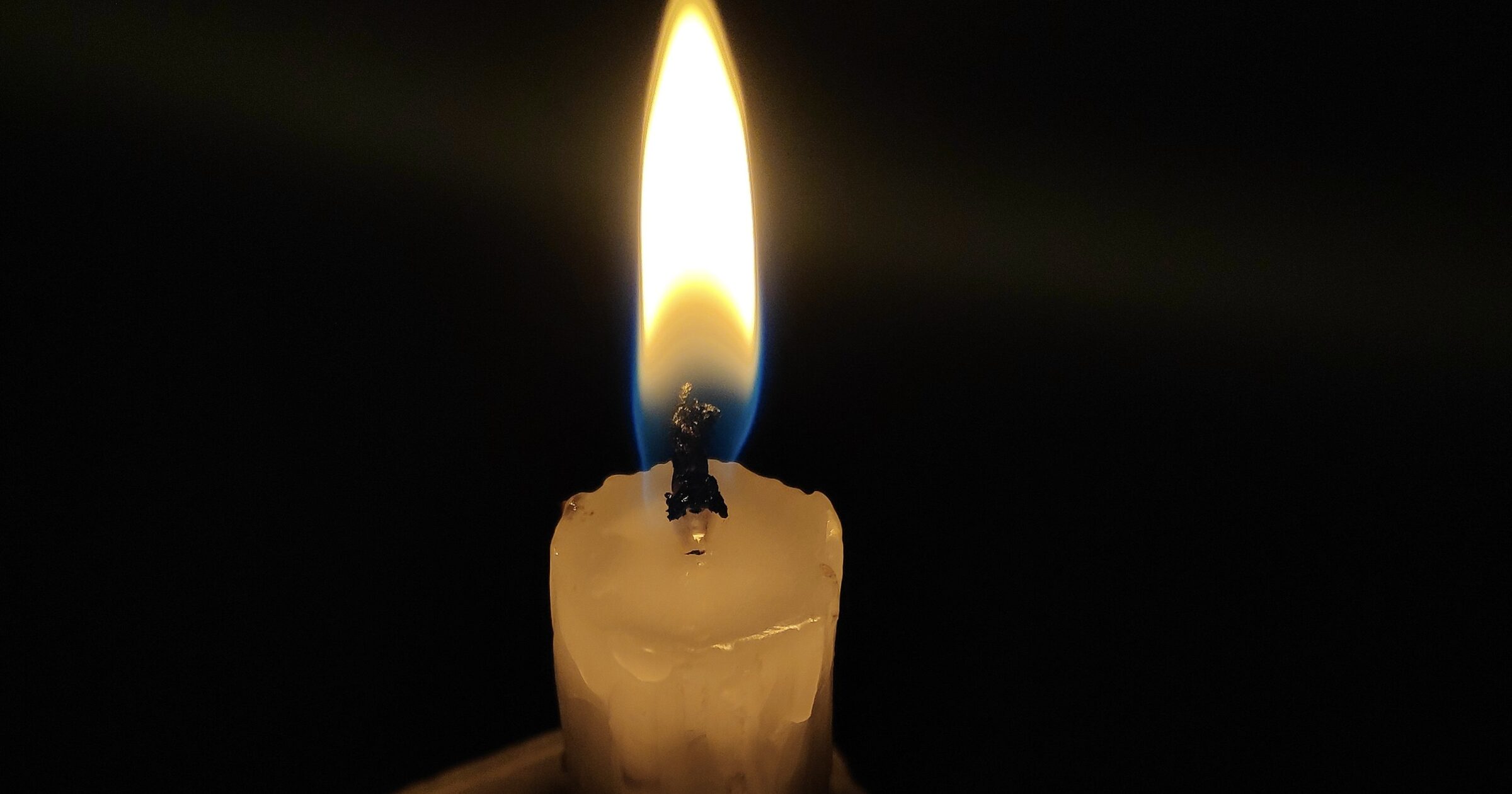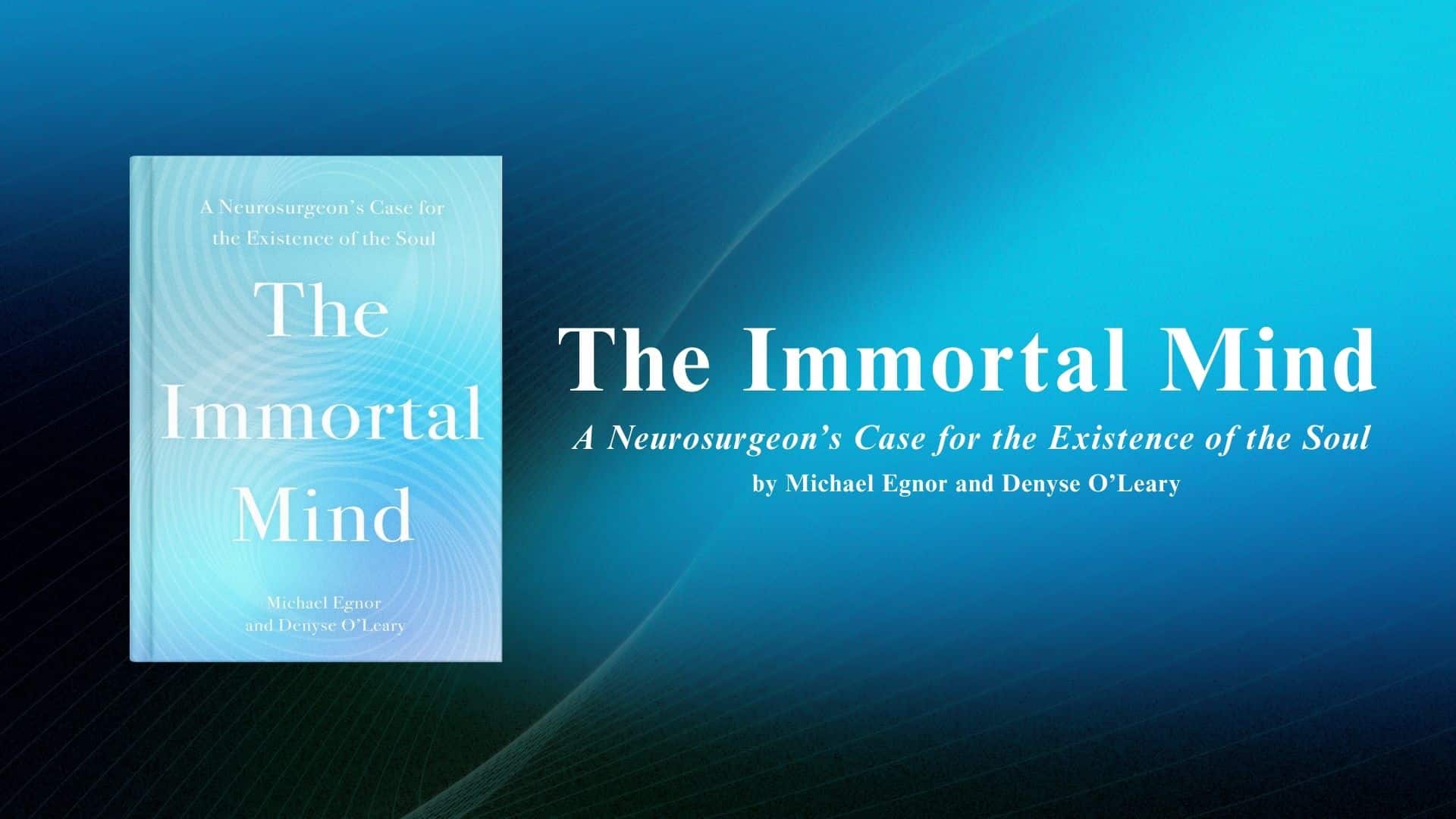 Faith & Science
Faith & Science
 Medicine
Medicine
 Neuroscience & Mind
Neuroscience & Mind
Immortality of the Soul Is a Reasonable Belief

Editor’s note: The new book The Immortal Mind, by Dr. Michael Egnor and Denyse O’Leary, is now out. The following is an excerpt from Chapter 7.
We can defend the immortality of the human soul by pointing to verifiable accounts of near-death experiences. But in themselves, such experiences only tell us that the mind can continue to function when the brain is clinically dead. That could mean one of two things: Perhaps it means that the mind can survive without the brain but only for a period of time.
Even physical death, as we are learning, does not occur all at once; it takes literally days for everything in a human body to die. But what if the mind can function independently of the brain forever because it belongs to a class of entities that are immortal by their very nature? What if the soul not only does not die but cannot die?
Justice and the Number 7
We’ve talked about the way that pure concepts like justice or the number 7 can’t die. That’s because they do not begin or end. Yet in the world around us, every living thing — plant, animal, human, or whatever — is physical, which means that it begins and ends physically. We need to be clear about how the human soul is different.
When we say that living things have souls, we are referring to all the tightly integrated processes that work together to make them what they are. Let’s look again at what exactly happens when a sparrow dies as opposed to what happens when a human being dies. Death is one form of disintegration — the dis-integration of the sparrow’s form (its soul) from its matter. The form vanishes. The matter, left to itself, is eagerly recycled by countless still-living forms. When they are done with it, nothing like a sparrow is left.
 Image source: Discovery Institute.
Image source: Discovery Institute.When a human being dies, everything that is mortal about that person also disintegrates in the same way. But everything that participates in immortality — ethical choices for good or evil, for example — remains. Those choices cannot, by their nature, die, any more than the principles of justice or mercy on which they depend can die. That’s because they are not physical and do not disintegrate or end.
Some may think that immortality of the rational soul is not possible in the physical world in which we live. But they are mistaken.
Even a Candle Does Not Just “Go Out”
People who think we are completely annihilated at death have a favorite image: “Where is the flame when the candle goes out?” The annihilationists are being careless here. They assume that the physical flame just disappears. Actually, it doesn’t. As Boston College philosophy professor Peter Kreeft observes, “The light does not go out; it goes up. It is still traveling through space, observable from other planets.”
Yes, that’s true. In the material world, energy is neither created nor destroyed. But it is often transformed from one state to another. In fact, nothing in this universe simply dissipates; it is always transformed. The material world is similar. An immaterial reality like the human soul may be transformed into a different immaterial reality, but it cannot simply be annihilated.
Some people will argue that immortality does not make sense because we cannot locate the soul after the body has died. Well, let’s think about that. Could we locate the soul before death? We know about the soul — both the mortal aspects like movement and emotion and the immortal aspects like reason and free will — only by observing the behavior of the living body. Apart from physical behavior, the soul does not actually have a location.
A Restraining Force
Kreeft, author of Socrates’ Children (2019), suggests that the human body, far from creating the soul, may even act as a restraining force on it: “Thus when the brain dies, more rather than less consciousness occurs: the floodgates come down. This would account for the way dying people may remember the whole of their past life in an instant with intense clarity, detail, and understanding.” Terminal lucidity in general may be best accounted for by the soul beginning, near death, to break free from the constraints of a failing brain.


